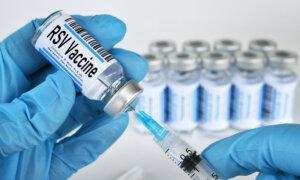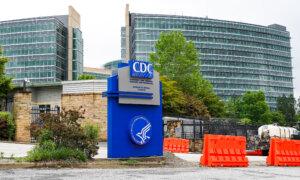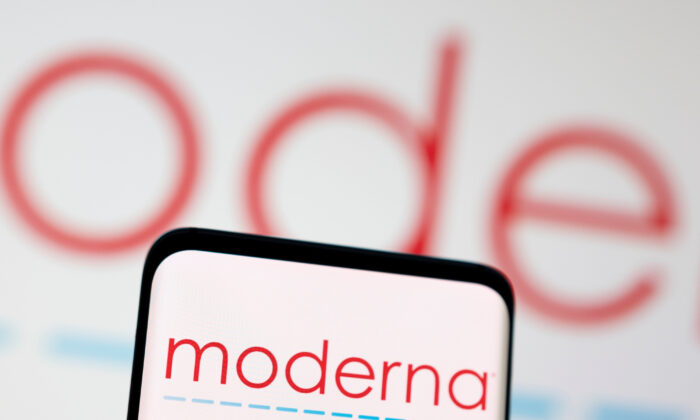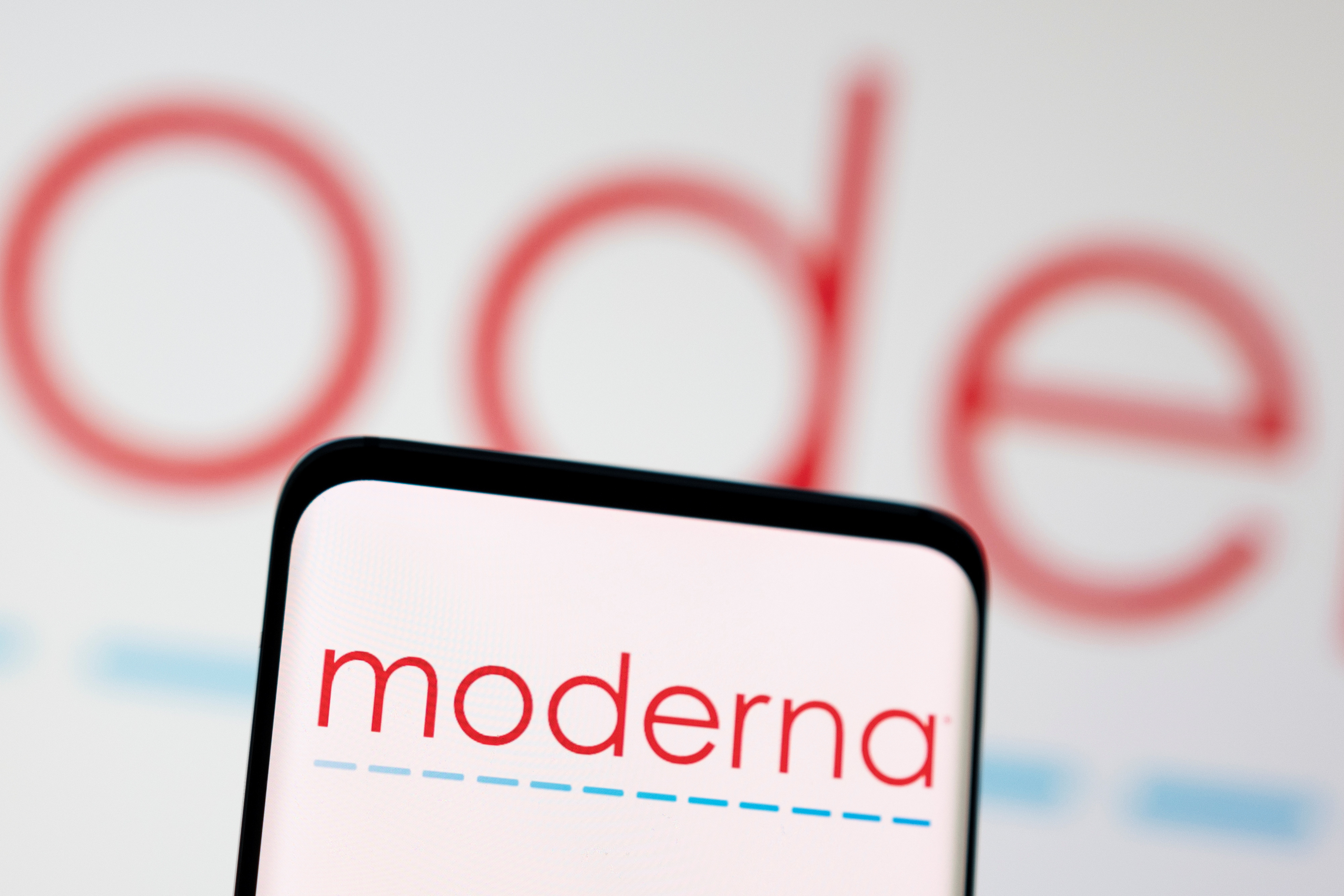Study: Moderna’s mRNA-Based RSV Vaccine Causes High Rate of Adverse Reactions
The vaccine group suffered roughly 81 adverse events for every RSV illness the jab prevented.
An mRNA vaccine for respiratory syncytial virus (RSV) developed by Moderna has caused higher adverse reactions compared to unvaccinated individuals in a clinical trial.
Funded by Moderna, the study conclusion claimed, “A single dose of the mRNA-1345 vaccine resulted in no evident safety concerns and led to a lower incidence of RSV-associated lower respiratory tract disease and of RSV-associated acute respiratory disease than placebo among adults 60 years of age or older.”
However, the conclusion failed to mention that vaccinated individuals reported more adverse effects.
According to the results, 58.7 percent of vaccine recipients had a local adverse reaction incident compared to 16.2 percent of placebo participants.
There were more than three times adverse reactions among vaccinated individuals with local reactions occurring at the site of the injection, including pain at the injection region, redness, and swelling.
Vaccinated individuals also had a higher rate of systemic adverse reactions (47.7 percent) compared to the placebo group (32.9 percent). Systemic reactions that occur at a location distant from the point of contact include fever, fatigue, body aches, and headache. They tend to be mild and last for several days.
“Most reactions were mild to moderate in severity and were transient. Serious adverse events occurred in 2.8 percent of the participants in each trial group,” the study said.
The vaccine group registered 12,119 adverse events while the placebo group only had 6,782 side effects. This means there were 5,337 more adverse events among vaccine recipients, signaling a very poor risk-to-benefit scenario.
Given that only 66 RSV infections were averted by the vaccine, the vaccine group ended up suffering roughly 81 adverse events per prevented RSV illness.
Meanwhile, the study showed that the vaccine prevented 17 RSV lower respiratory tract disease cases with three or more symptoms, including shortness of breath, cough or fever, wheezing or rales or rhonchi, sputum production, tachypnea, hypoxemia, and pleuritic chest pain for at least 24 hours.
Serious Adverse Events
The most common systemic adverse reactions experienced by the participants were fatigue, headache, myalgia (muscle aches and pain), and arthralgia (joint stiffness).
“In the mRNA-1345 group, the incidence of solicited adverse reactions decreased with age and was higher among women than among men, higher among participants of White or Asian race than among those of Black race,” the study said.
“The most commonly reported serious adverse events up to 28 days according to system organ class were events in the infections and infestations class (in 0.1 percent of the participants in the mRNA-1345 group and in 0.1 percent of those in the placebo group).”
Fatal events were reported in 0.1 percent of participants in the vaccine and placebo group. However, “none of these deaths were reported by the investigator as being related to the trial injection,” the study claimed.
The Moderna study found more cases of pain, erythema (redness of the skin), swelling, underarm swelling, fever, headache, fatigue, myalgia, arthralgia, nausea or vomiting, and chills among the vaccinated group than the placebo group in the first seven days of vaccination.
There was not a single reported adverse reaction that was seen at a higher rate in the placebo group than in the vaccinated individuals during this period.
Among serious adverse events up to 28 days after vaccination, participants reported 22 instances of infections and infestations among the vaccinated group, which is over three times the seven cases reported in the placebo group.
Six cases of pneumonia were registered among the vaccinated as against just two incidences in the placebo individuals.
CDC Recommendations
The study comes at a time when the U.S. Centers for Disease Control and Prevention (CDC) has recommended RSV immunization right from birth. Up to the age of 18, the CDC recommends the Nirsevimab immunization against RSV.
Nirsevimab is not a vaccine, according to the CDC. Instead, it is an antibody that provides direct protection against RSV to the immunized individual. Vaccines stimulate the individual’s immune system to trigger an immune response.
On Nov. 16, the CDC announced the release of over 77,000 additional doses of Nirsevimab targeting children.
“We think we are just at the peak [of RSV], which means we’re seeing the most number of cases we expect in the season, may start to see some declines already in some of our southern and southeast states, but pretty active across the country,” she said on Friday.






